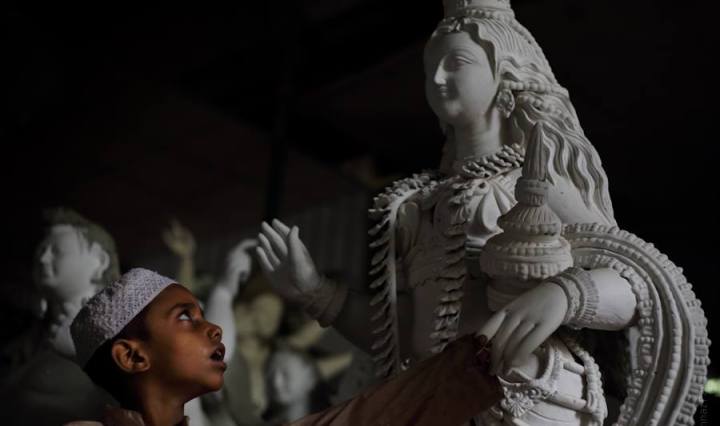
Post-Crisis Rumor Mill
During an unprecedented attack like the one at Holey Artisan Bakery, crisis management is of utmost priority. Looking back, security forces did well to set up cordons to keep at bay meddlesome reporters. The subsequent media blackout, though late, was a good call and could feature in a standard operating procedure. In comparison with regional incidents, commandoes acted with reasonable urgency. However, medical evacuation appeared poorly managed and if not for the proximity of United Hospital, more lives may have been lost.























